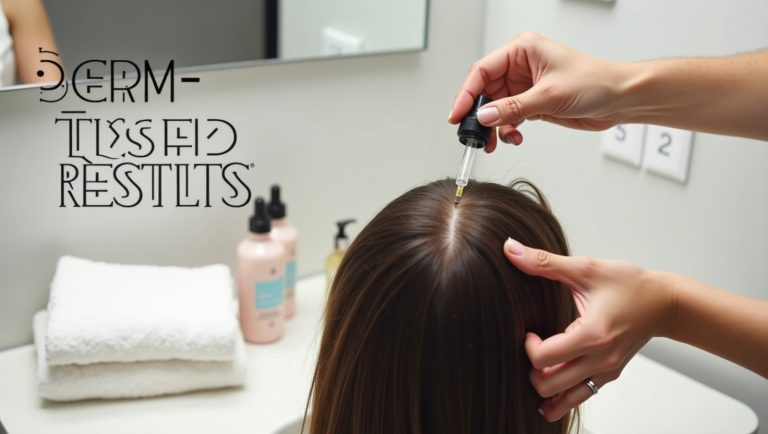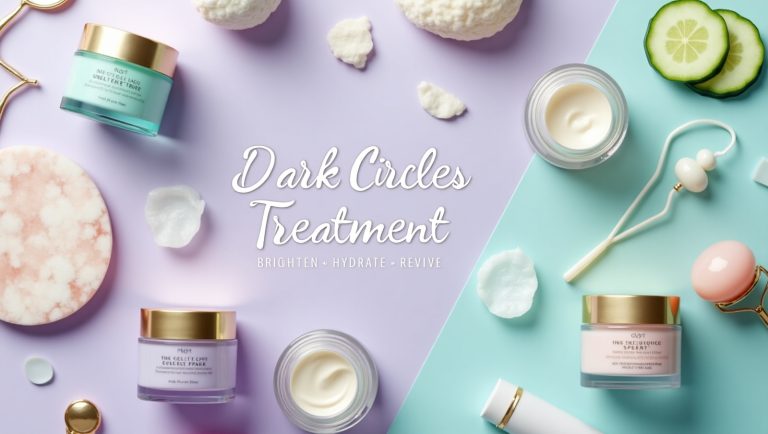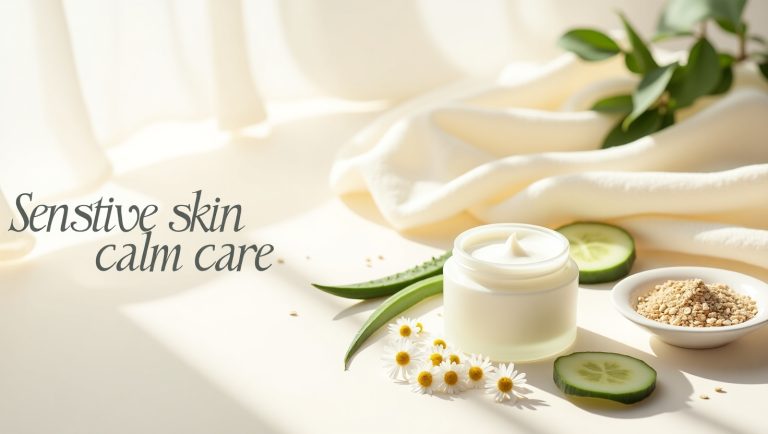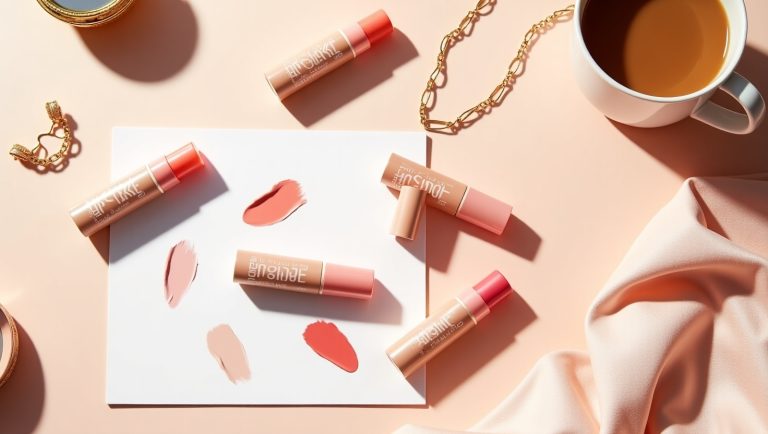Best Sunscreen for Oily and Acne-Prone Skin That Won’t Clog Pores or Cause Breakouts
Introduction: Sunscreen is Essential :Yes, Even for Oily Skin
If you have oily or acne-prone skin, applying sunscreen may feel counterintuitive. Many people believe it causes greasiness, clogged pores, or breakouts. But avoiding sunscreen is one of the biggest skincare mistakes you can make. Not only does it leave your skin vulnerable to sunburn, but it also contributes to premature aging, dark spots, and an increased risk of skin cancer.
Fortunately, new formulations make it easy to protect oily skin without the heavy, greasy feeling. The best sunscreen cream for oily skin offers sun protection in lightweight, oil-free, and non-comedogenic formulas that won’t cause breakouts. These products often include skin-supporting ingredients like niacinamide and are designed with features like broad spectrum SPF, sunscreen lotion SPF 30, and are octanoate safe, making them suitable for everyday use.
In this post, you’ll discover:
- Why sunscreen is essential every day, even indoors
- What ingredients are ideal for oily and acne-prone skin
- The truth about sunscreen and vitamin D
- Common mistakes people make when applying sunscreen
- What to look for in the best sunscreen cream for oily skin
Top PICK:
After extensive research and real-user reviews, we’ve rounded up the best dermatologist-recommended budget sunscreen for sensitive skin. These products combine safety, performance, and affordability
Best for: Acne-prone and oily skin:
Best for: Oily, acne-prone, and sensitive skin:
Best for: Oily to very oily skin
Best for: Oily skin and makeup users
Best for: Oily skin that still needs hydration
Why Sunscreen is Crucial for Oily and Acne-Prone Skin
Many people with oily skin assume sunscreen will only make their skin worse. In reality, it is an essential step in preventing long-term skin damage, uneven tone, and acne scarring.
Fights Dark Spots and Post-Acne Marks
Acne-prone skin is more susceptible to developing hyperpigmentation from inflammation. When exposed to UV rays, these marks become darker and more difficult to treat. Using broad spectrum SPF daily prevents this from happening and supports an even, clear complexion.
Controls Oil and Reduces Shine
Some sunscreens are specifically formulated with oil-controlling ingredients such as niacinamide or silica. These can help balance sebum production and reduce midday shine. A good sunscreen lotion SPF 30 for oily skin will absorb quickly and leave a matte finish without drying out the skin.
Helps Prevent Further Breakouts
Modern sunscreens are non-comedogenic, meaning they won’t block pores. Choosing a formula labeled octinoxate safe ensures your sunscreen is free from irritants that could trigger more breakouts.
Why You Need Sunscreen Indoors Too
It’s a common misconception that sunscreen is only necessary outdoors. In reality, sunscreen indoors is just as important.
UV rays specifically UVA rays can penetrate glass windows. That means your skin is still exposed even when you’re sitting by a window or driving a car. Moreover, artificial blue light from phones, laptops, and LED lights can also contribute to premature aging and dullness.
By wearing a broad spectrum SPF sunscreen every day, even indoors, you ensure your skin is protected against environmental stressors. Many dermatologists recommend daily application of sunscreen lotion SPF 30 regardless of whether you plan to leave the house or not.
Best Sunscreens for Oily Skin
These sunscreens are lightweight, non-comedogenic, oil-free, and designed to provide broad spectrum SPF protection without clogging pores or causing breakouts.
1. Neutrogena Clear Face Oil-Free Sunscreen SPF 55
- SPF: 55
- Best for: Acne-prone and oily skin
- Why it’s great: Lightweight, won’t cause breakouts, dries matte
- Texture: Thin lotion, easily absorbed
- Fragrance-free: Yes
- Price: ~$9–$13
- Available at: Amazon, Walmart, CVS
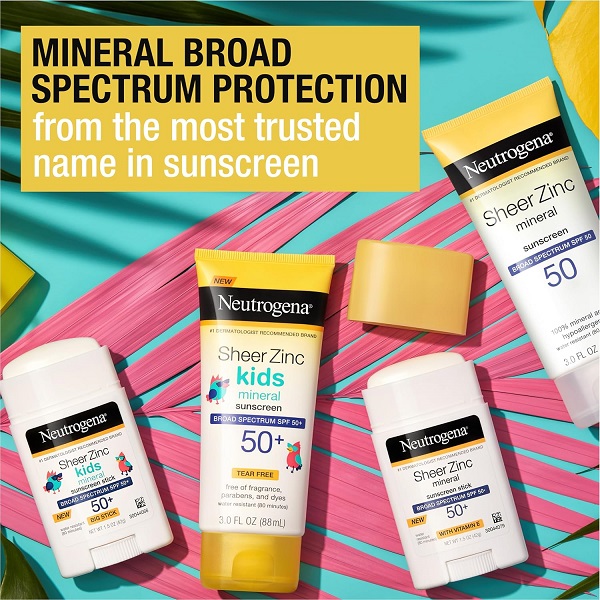
Credit : Amazon
2. EltaMD UV Clear Broad-Spectrum SPF 46
- SPF: 46
- Best for: Oily, acne-prone, and sensitive skin
- Why it’s great: Contains niacinamide (calms skin), oil-free, mineral-based
- Texture: Lightweight, silky
- Derm-recommended: Yes
- Price: ~$35–$39
- Available at: Amazon, Dermstore, Walgreens
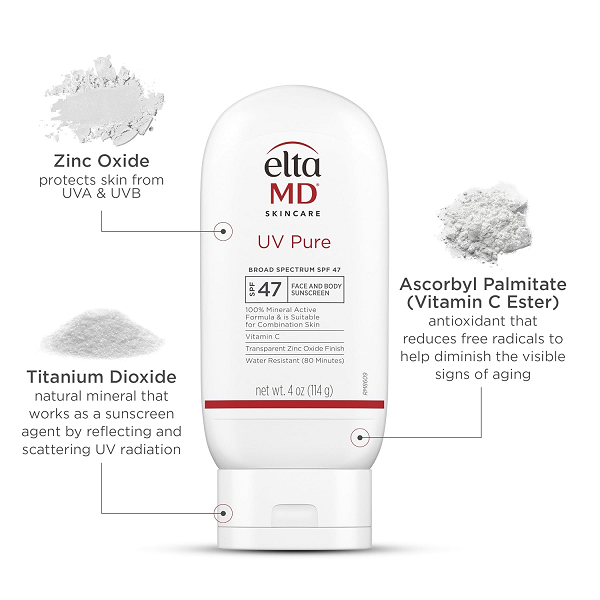
3. La Roche-Posay Anthelios Clear Skin Dry Touch Sunscreen SPF 60
- SPF: 60
- Best for: Oily to very oily skin
- Why it’s great: Dry-touch matte finish, absorbs oil, doesn’t melt off in humidity
- Texture: Smooth and matte
- Oil control: Excellent
- Price: ~$32–$36
- Available at: Ulta, Target, Amazon
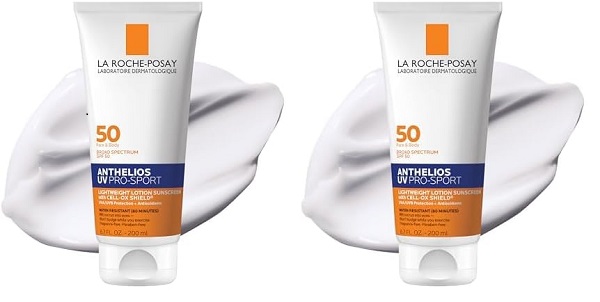
4. Supergoop! Unseen Sunscreen SPF 40
- SPF: 40
- Best for: Oily skin and makeup users
- Why it’s great: Invisible gel formula, doubles as a makeup primer, no white cast
- Texture: Silky-smooth, non-greasy
- Reef-safe: Yes
- Price: ~$38
- Available at: Sephora, Amazon, Supergoop.com
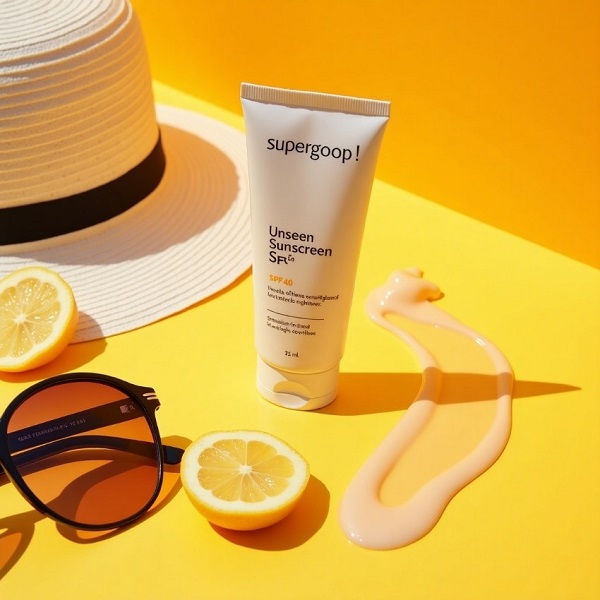
5. CeraVe Hydrating Mineral Sunscreen SPF 30 (Tinted)
Available at: Amazon, Walmart, Target
SPF: 30
Best for: Oily skin that still needs hydration
Why it’s great: Non-greasy, blends well with skin tone (tinted version), mineral-based
Texture: Smooth, non-chalky
Ingredients: Ceramides + Niacinamide
Price: ~$15–$17
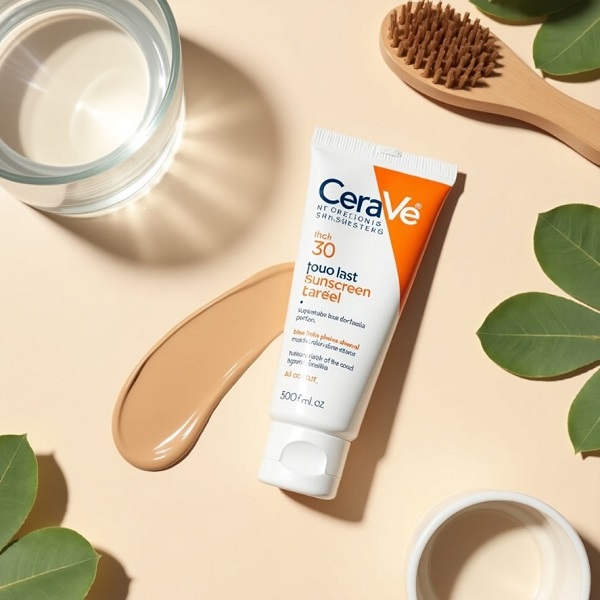
Key Ingredients in Sunscreen for Oily Skin
If you want the best sunscreen cream for oily skin, knowing what ingredients to look for makes all the difference.
- Broad Spectrum SPF
- The most important feature in any sunscreen is broad spectrum SPF. This ensures protection against both UVA and UVB rays. UVA rays contribute to aging and long-term skin damage, while UVB rays are responsible for sunburns.
- Using a broad spectrum SPF of at least 30 provides powerful protection without being too heavy for oily skin.
- Niacinamide
- Niacinamide is a standout ingredient for oily and acne-prone skin. It helps regulate oil production, minimize pores, and soothe inflammation. Many sunscreen lotion SPF 30 products now include niacinamide as a multifunctional ingredient.
- Non-Comedogenic and Oil-Free Bases
- Oily skin needs sunscreen that feels lightweight and breathable. Choose a product that is labeled oil-free and non-comedogenic. These formulas are less likely to cause congestion or blemishes.
- Zinc Oxide and Titanium Dioxide
- Mineral sunscreens with zinc oxide or titanium dioxide are often recommended for acne-prone skin. They offer instant protection and are gentle on sensitive or irritated skin.
- Octinoxate Safe Formulas:
- Octinoxate is a UVB filter commonly found in chemical sunscreens. While effective, it can be irritating for some skin types. Octinoxate safe formulas use concentrations that comply with safety standards or opt for alternatives altogether, making them suitable for sensitive or acne-prone skin.
Common Mistakes When Using Sunscreen
Even the best sunscreen cream for oily skin won’t work if it’s not used properly. Avoiding these common mistakes will ensure your skin gets the full benefit of your sunscreen.
- Applying Too Little
- You need about a nickel-sized amount for your face. For the entire body, a shot-glass-sized amount is ideal. Insufficient application significantly reduces the effectiveness of your broad spectrum SPF.
- Not Reapplying:
- Sunscreen breaks down over time, especially with sweating or touching your face. Reapply every two to three hours during the day, especially if you’re outdoors. Even sunscreen indoors should be reapplied if you’re exposed to screens or natural light for extended periods.
- Skipping Certain Areas:
- Don’t forget your ears, neck, around the eyes, and lips. These areas are often neglected but just as susceptible to sun damage. Using a versatile sunscreen lotion SPF 30 that is gentle enough for all parts of the face makes this easier.
Believing Higher SPF is Always Better
SPF 50 or 100 may seem more protective, but the difference is marginal compared to SPF 30. The key is broad spectrum SPF protection and regular reapplication.
Does Sunscreen Block Vitamin D?
A widespread concern is that wearing sunscreen could limit Vitamin D production. The truth is, sunscreen vitamin D balance is possible and easily maintained.
Studies show that wearing sunscreen does not block Vitamin D production entirely. Your skin can still synthesize Vitamin D while being protected with broad spectrum SPF. Spending a few minutes outdoors in early morning or late afternoon sun, a few times a week, is often enough.
Additionally, many octinoxate safe sunscreens are formulated to allow minimal UVB penetration without compromising safety. This balance ensures you maintain healthy sunscreen vitamin D levels while still guarding against damage.t
What Does “Octinoxate Safe” Mean?
If you’re concerned about chemical filters in your sunscreen, you’re not alone. Octinoxate, while effective at blocking UVB rays, has been scrutinized for its potential to disrupt hormones and harm marine life.
Products labeled as octinoxate safe either:
- Use lower concentrations within regulatory limits
- Avoid octinoxate altogether in favor of gentler alternatives
- Use encapsulated or stabilized forms to reduce irritation
Choosing octinoxate safe products ensures your sunscreen is safe for your skin and environmentally responsible.
Building the Right Skincare Routine with Sunscreen
Including sunscreen in your daily skincare routine doesn’t have to be complicated. Here’s how to structure your routine for oily skin:
- Cleanse : Use a gentle, oil-balancing cleanser
- Tone : Apply a toner with niacinamide to reduce oil and calm inflammation
- Moisturize : Lightweight gel moisturizers work best for oily skin
- Apply Sunscreen :Finish with a sunscreen lotion SPF 30 that is oil-free, non-comedogenic, and has broad spectrum SPF
- Reapply Throughout the Day Use a mist, stick, or powder sunscreen for easy touch-ups, even when using sunscreen indoors
Final Thoughts: Protection Without Compromise
Choosing the best sunscreen cream for oily skin is no longer a challenge. Today’s formulations offer effective protection with lightweight textures, acne-friendly ingredients, and finishes that suit oily skin types. With ingredients like niacinamide, broad spectrum SPF, and octinoxate safe technology, your sunscreen can do more than just protect it can also improve your skin.
Daily use of sunscreen lotion SPF 30 is crucial not just when you’re outside, but also when you’re spending hours in front of a computer or near a window. Don’t fall for myths around sunscreen vitamin D or fear of breakouts. The right formula supports both skin health and long-term beauty.
Make broad spectrum SPF, sunscreen indoors, and octinoxate safe sunscreen part of your everyday ritual. It’s the simplest, most effective step you can take toward clearer, healthier, and more resilient skin.


